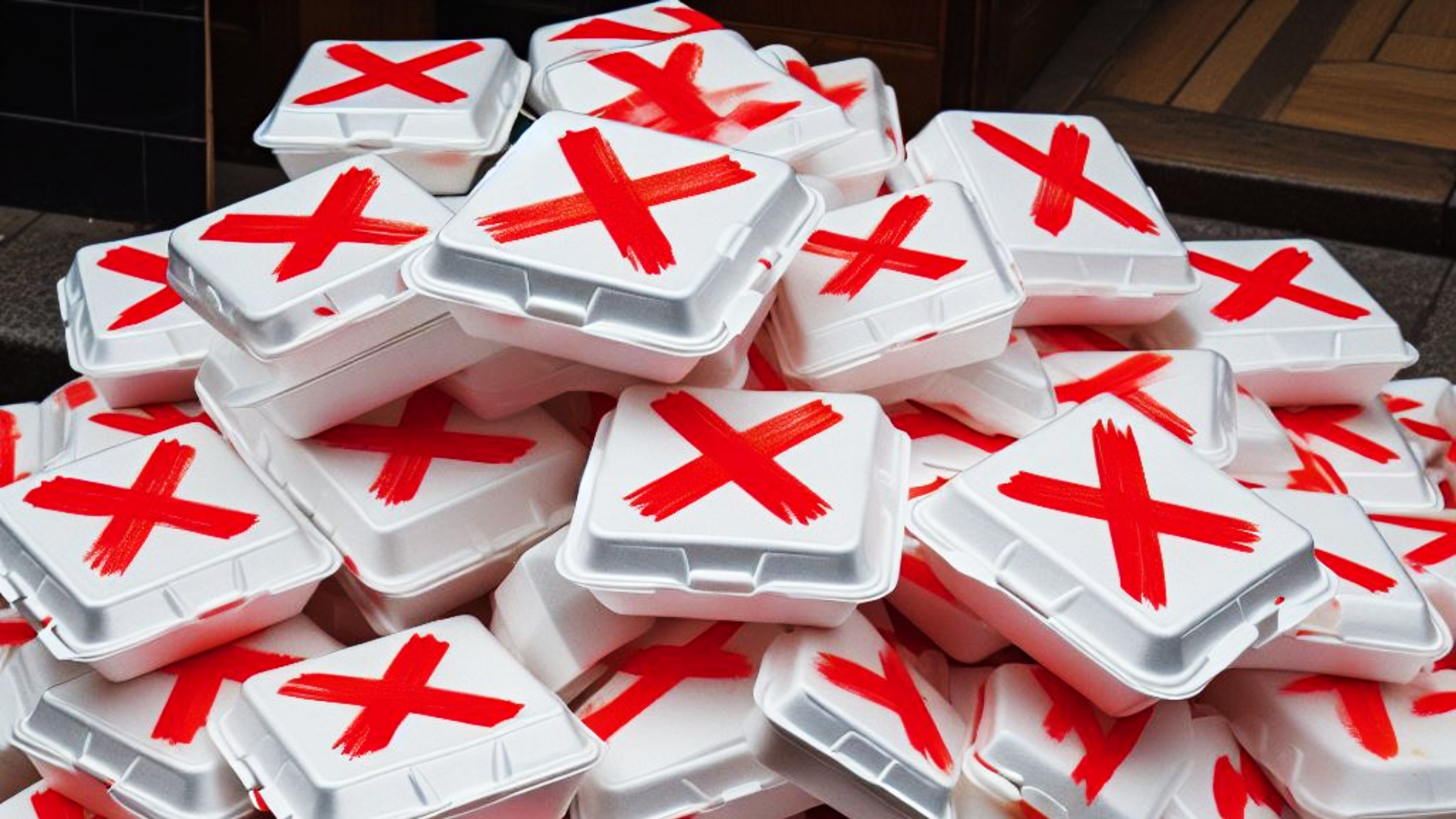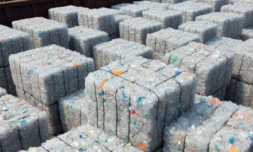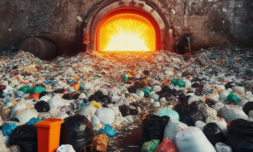Nigeria’s Lagos state government has implemented a comprehensive ban on single-use plastics and styrofoam, aiming to reduce the environmental impact of these non-biodegradable materials.
Lagos, one of the most populous cities in Africa, has been grappling with the environmental consequences of plastic pollution for decades. Single-use plastics and styrofoam products, commonly used in packaging and food services, have contributed significantly to environmental degradation, posing threats to marine life, soil health, and public health.
The newly enforced ban encompasses a wide range of single-use plastics, including plastic bags, straws, cutlery, plates, and styrofoam containers. Vendors, manufacturers, and consumers are expected to adhere to the regulations to mitigate the adverse effects of these materials on the environment.
The government has urged businesses to explore sustainable alternatives such as biodegradable packaging. Exactly how those who run afoul of these standards will be punished, however, has yet to be fully disclosed.
The decision to ban single-use plastics and styrofoam aligns with global efforts to combat plastic pollution and create a more sustainable future. The detrimental effects of these materials on Lagos’ ecosystem, including its water bodies and urban landscapes, have been a growing concern, prompting the government to take decisive action.
Lagos State Minister for Environment and Water Resources, Mr. Tokunbo Wahab, emphasized the effects of single-use plastics, particularly styrofoam, citing environmental havoc and innumerable loss of life.
‘The number of lives that have been lost through the effect of the use of styrofoam, the destruction of the ecosystem and aquatic lives as well as the menace brought upon the environment cannot be quantified,’ stated the minister.
STYROFOAM: NO GOING BACK ON BAN AND USAGE IN LAGOS
At a consultative meeting of the Lagos State Ministry of the Environment and Water Resources with representatives of the Manufacturers Association of Nigeria (MAN) and Restaurant and Food Services Proprietor Association of… pic.twitter.com/mhYZAasIHR
— Tokunbo Wahab (@tokunbo_wahab) January 25, 2024
To ensure a smooth transition for businesses, the state government has offered a three-week moratorium before ‘full enforcement’ of the ban. In the meantime, the administration is expected to launch an extensive public awareness campaign to educate citizens, traders, and manufacturers about the ban and the alternatives available.
It’s encouraging to note that Lagos’ decision to ban single-use plastics and styrofoam has been welcomed positively, with activists and NGOs applauding the city’s commitment to sustainability. The move aligns with both the continent’s and the globe’s mission to stem the environmental scourge of plastic waste.
This case represents a significant step towards a cleaner, more sustainable future. As Lagos city takes a leading role in environmental conservation, it is hoped that other regions, both within Nigeria and beyond, will follow suit.

















